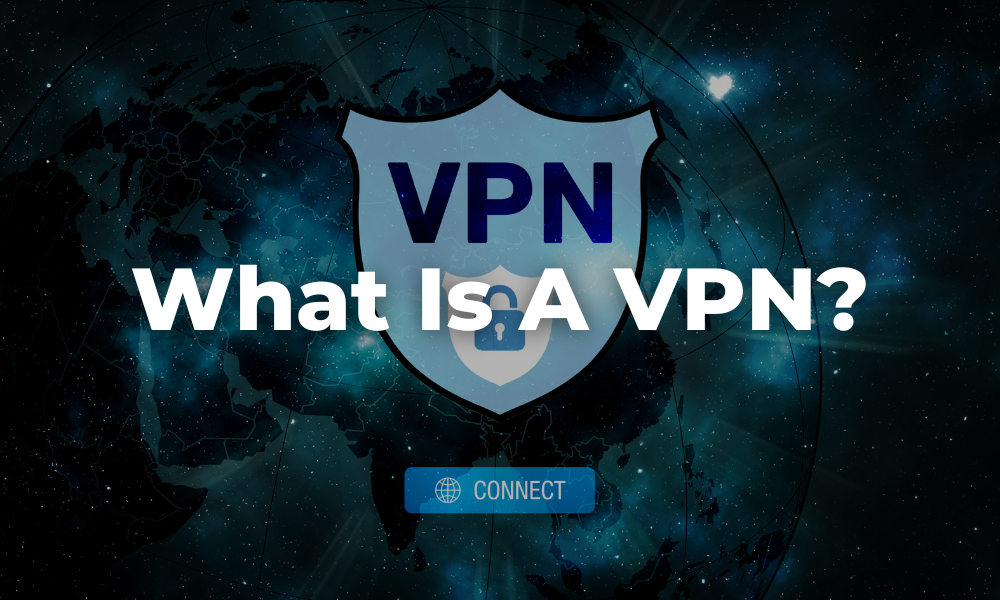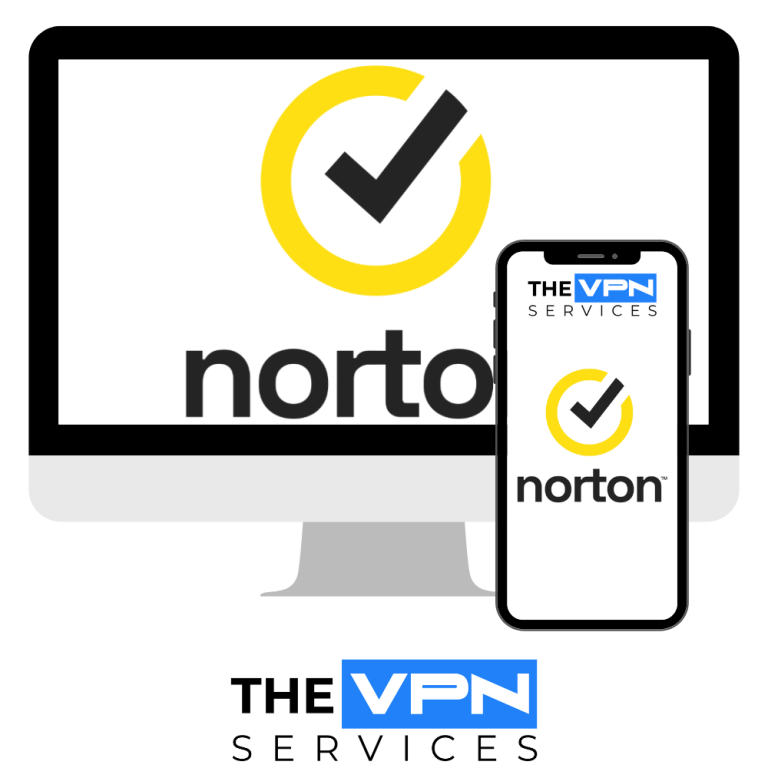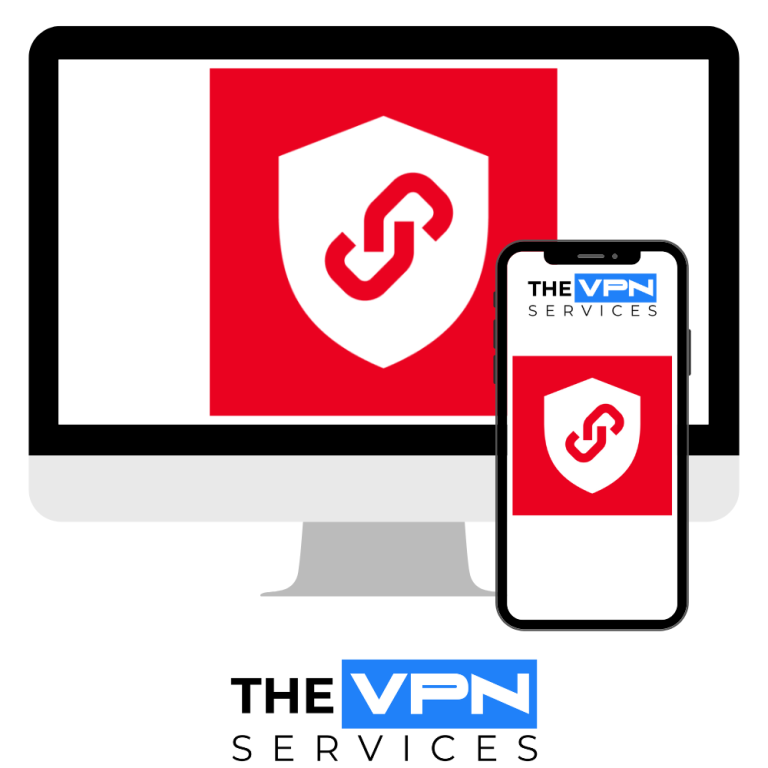The vpn services
What Is A VPN?
Introduction to VPN
A Virtual Private Network, or VPN, is a technology that creates a secure and encrypted connection between your device and the internet. Imagine it as a protective tunnel through which your data travels, keeping it safe from prying eyes. With increasing cyber threats and concerns over data privacy, VPNs have become essential for online security.
In today’s digital age, using the internet without a VPN is like leaving your house unlocked—it’s an open invitation for potential intrusions. But how does it work, and why do you need one? Let’s dive in.
How Does a VPN Work?
VPNs work by encrypting your internet connection, ensuring that the data you send and receive is unreadable to anyone trying to intercept it. This encryption process involves complex algorithms that scramble your data into an unreadable format, accessible only with a decryption key.
Another critical feature is tunneling protocols. These protocols, such as OpenVPN or WireGuard, create a secure pathway between your device and the VPN server, shielding your activity from hackers, ISPs, and even government surveillance. Think of it as putting your online activity in an armored car—safe, secure, and private.
Types of VPNs
There are several types of VPNs, each suited to specific needs:
Ideal for individuals who need secure access to a private network from anywhere in the world. For instance, remote workers connecting to their company’s network use this type of VPN.
Commonly used by businesses, this VPN connects entire networks securely, like bridging the gap between offices in different locations.
While consumer VPNs focus on personal privacy and streaming, corporate VPNs are tailored for business-level security and resource sharing.
Key Benefits of Using a VPN
VPNs hide your IP address, making it difficult for websites and third parties to track your online activities. This ensures your browsing remains private.
Ever tried to access a video or service only to find it blocked in your region? VPNs help you bypass these restrictions by allowing you to appear as if you’re in a different country.
Public Wi-Fi networks are notorious for their lack of security. A VPN protects your data, ensuring that even if a hacker is lurking, your information stays secure.
Common Uses of VPNs
- Streaming Blocked Content: Many people use VPNs to access popular platforms like Netflix or Hulu from regions where content is restricted.
- Remote Work Security: Businesses use VPNs to allow employees to work from home securely by encrypting their connections to the corporate network.
- Online Shopping Protection: A VPN safeguards your payment details when making transactions online, preventing unauthorized access.



